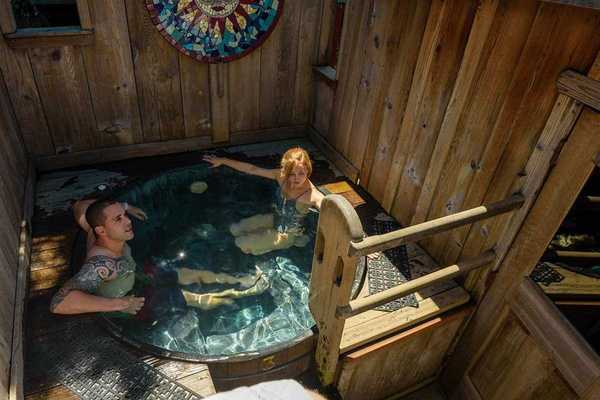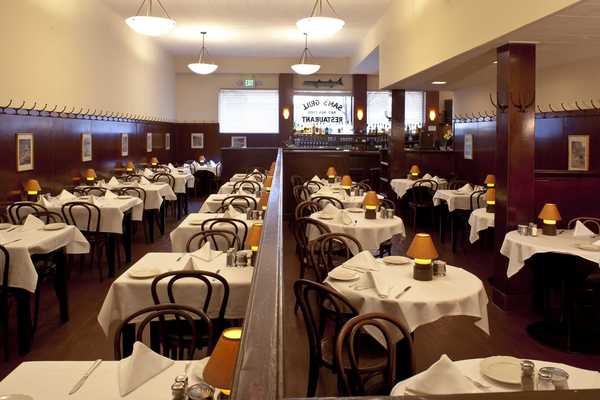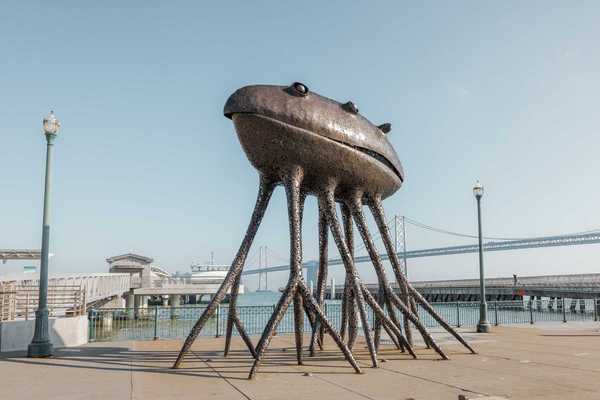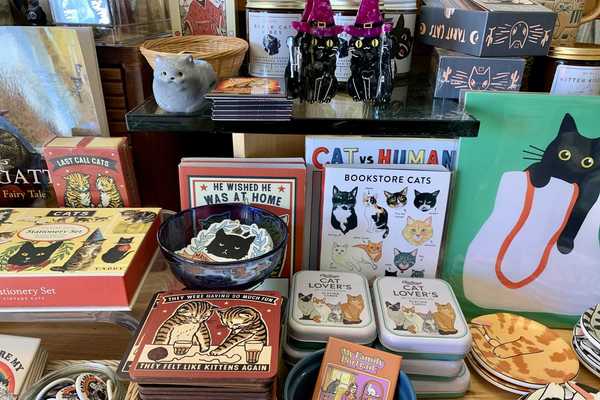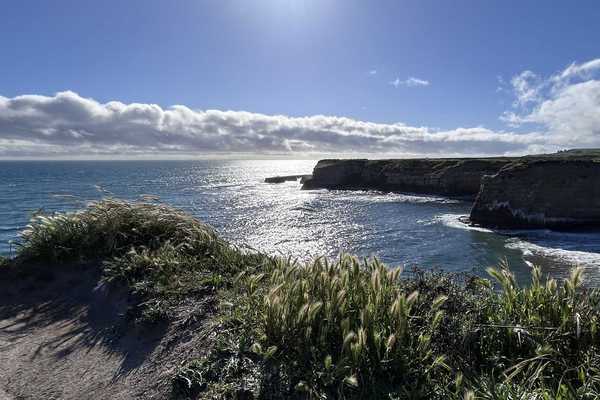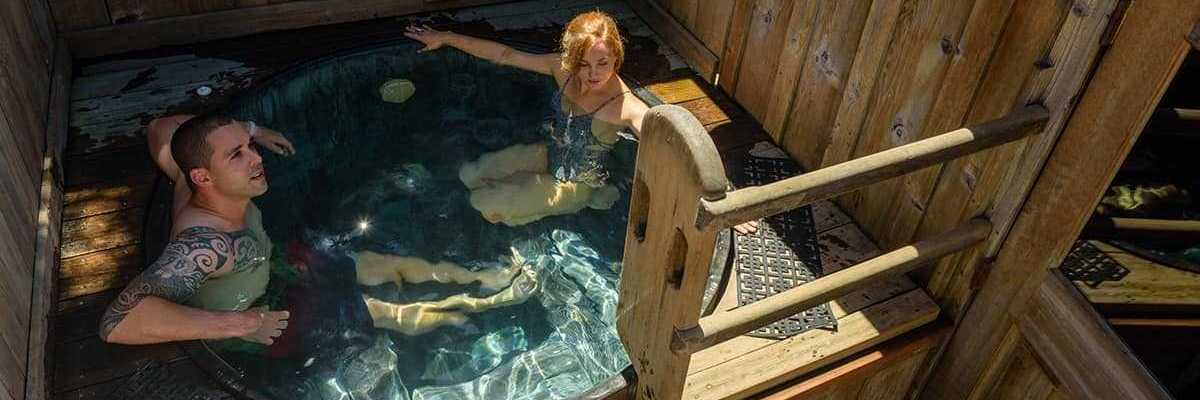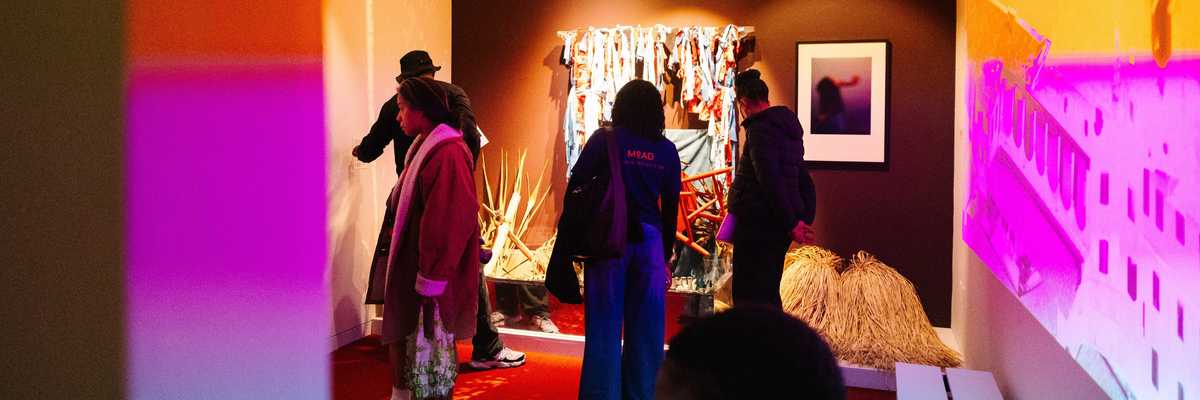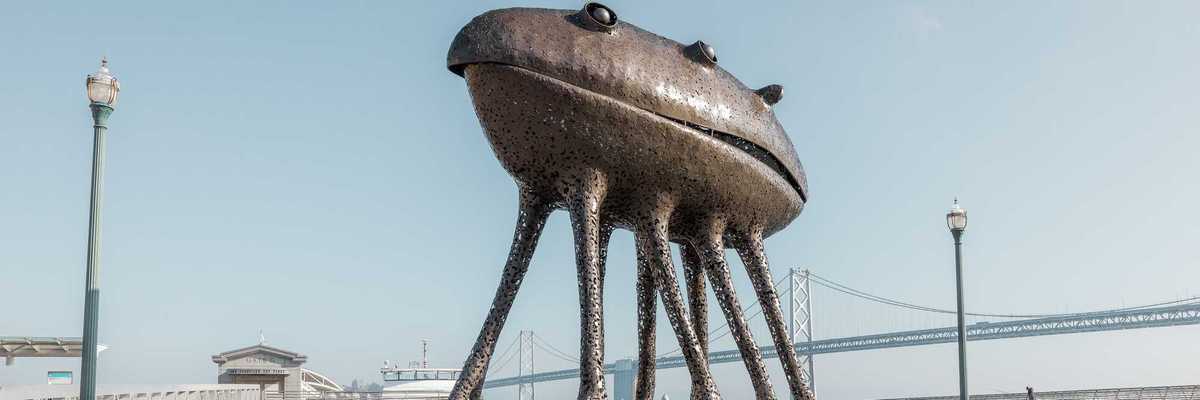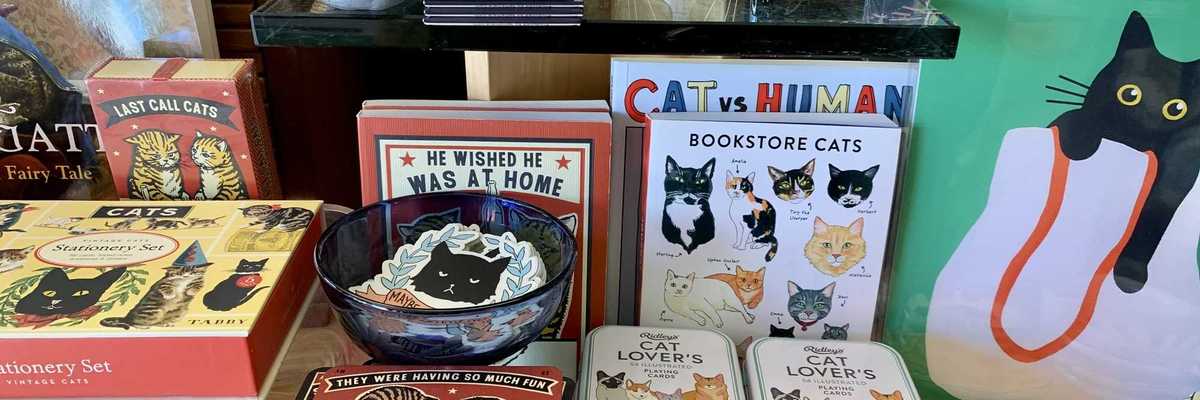Until a week ago, George Raymond Stevenson – that’s Ray to you – was best known to American audiences as Titus Pullo, a full-time soldier and unapologetic hedonist in the employ of Julius Caesar in the HBO series Rome.
How things can change. Now, the hulking, Irish-born actor, as quick with a toothy grin and as he is with a self-deprecating joke, can look forward to a lifetime of Comic-Con appearances and overzealous fan interrogations thanks to his energetic turn as Marine-turned-vigilante Frank Castle in Lexi Anderson’s Punisher: War Zone.
Stepping into a role previously owned by noted comic-book enthusiast Thomas Jane, who checked out of War Zone citing irreconcilable differences with the script, Stevenson knew he’d have to live up to the expectations of fans weaned on Jane’s 2004 go-round and even the 1989 original, starring all-purpose ’80s villain Dolph Lundgren. Did that phase him in the least?
In a word, no. While Stevenson refuses to speak ill of Punishers past, he is eager to create a legacy all his own.
On inheriting a role unceremoniously abandoned by Thomas Jane:
“I have nothing bad to say about Thomas Jane. The first script that was around before I got involved was, shall we say, on its way to being closer to [Marvel’s adult-themed] MAX series, which was where we needed to be. When I got involved, Lexi and I knew we had to get the script ever closer to the character in that series, the one written by [comic-book author] Garth Ennis. We had to capture the prevailing darkness of his world. The War Zone isn’t just a reference to Frank Castle’s internal turmoil, it sums up the nature of his surroundings.”
On Frank Castle’s uncommonly sour disposition:
“There’s no light at the end of the tunnel for him. There is no redemption for him. And there’s a cost for what he does. The movie does not glorify or even justify vigilantism. In fact, it raises some serious moral issues, and since Garth Ennis doesn’t shy away from those, why should we? The movie makes you think a bit, so the longtime fans and the newcomers to the story have something they can sink their teeth into.”
On the hazards of playing an anti-hero:
“I picked up the comic book for the first time before I met with Lionsgate executives in L.A., and it was über-violent, way beyond what I expected. I viewed it as a potential problem, a minefield of sorts. I remember telling them that I didn’t want anyone walking out of the theater wishing to be Frank Castle. I couldn’t have some kid who’s getting bullied at school watching the movie and then tooling up to take out the bad guys in his life. So I knew we had to expose the darkness in Frank’s soul, to show the cost of his actions. He’s not a role model.”
On his (lack of) familiarity with comic books:
“I’ve never been much of a comic book guy. I love the artwork. I used to buy comic books every now and then just to admire the illustrations, but I never became emotionally involved in the stories.”
On the future of the Punisher franchise, and his role in it:
“If this works, if the audiences embrace our vision, then we’ll have a franchise on our hands. And there are so many stories to tell, from the original Punisher series to the books that came later. There are so many places we could go with this, and some serious issues in the moral dilemma that Frank Castle presents. What is our tolerance for a man like this? Does he have a place in society? And apart from that, the comic books lend us some dramatic latitude – and, for me, an opportunity to let loose and really kick some ass.”
- Wine Country
- Holiday Gift Guide
- Holiday Recipes
- Events + Openings
- Workouts + Wellness
- Culinary Road Trip
- Cooking Videos
- COVID-19
- LGBTQ Pride
- Art + Design
- popular
- Test
- San Francisco
- East Bay
- Oakland
- Marin
- Silicon Valley
- Tahoe
- Secret Recipe
- Drink Here Now
- The Big Eat
- Play
- Tech
- Weddings
- Top Stories
- From Our Partners
- Property Porn
- Apartment Porn
- Brunch Topics
- Cannabis Insider
- Weekend Guide
- Neighborhood Guide
- Most Popular
- Travel
- Dining + Restaurants
- Cannabis
- 7x7 Cannabis Guide
- Bay Area Wellness Guide
- Shop Talk
- Music + Concerts
- Bay Area News
- News + Politics
- Manually populated



